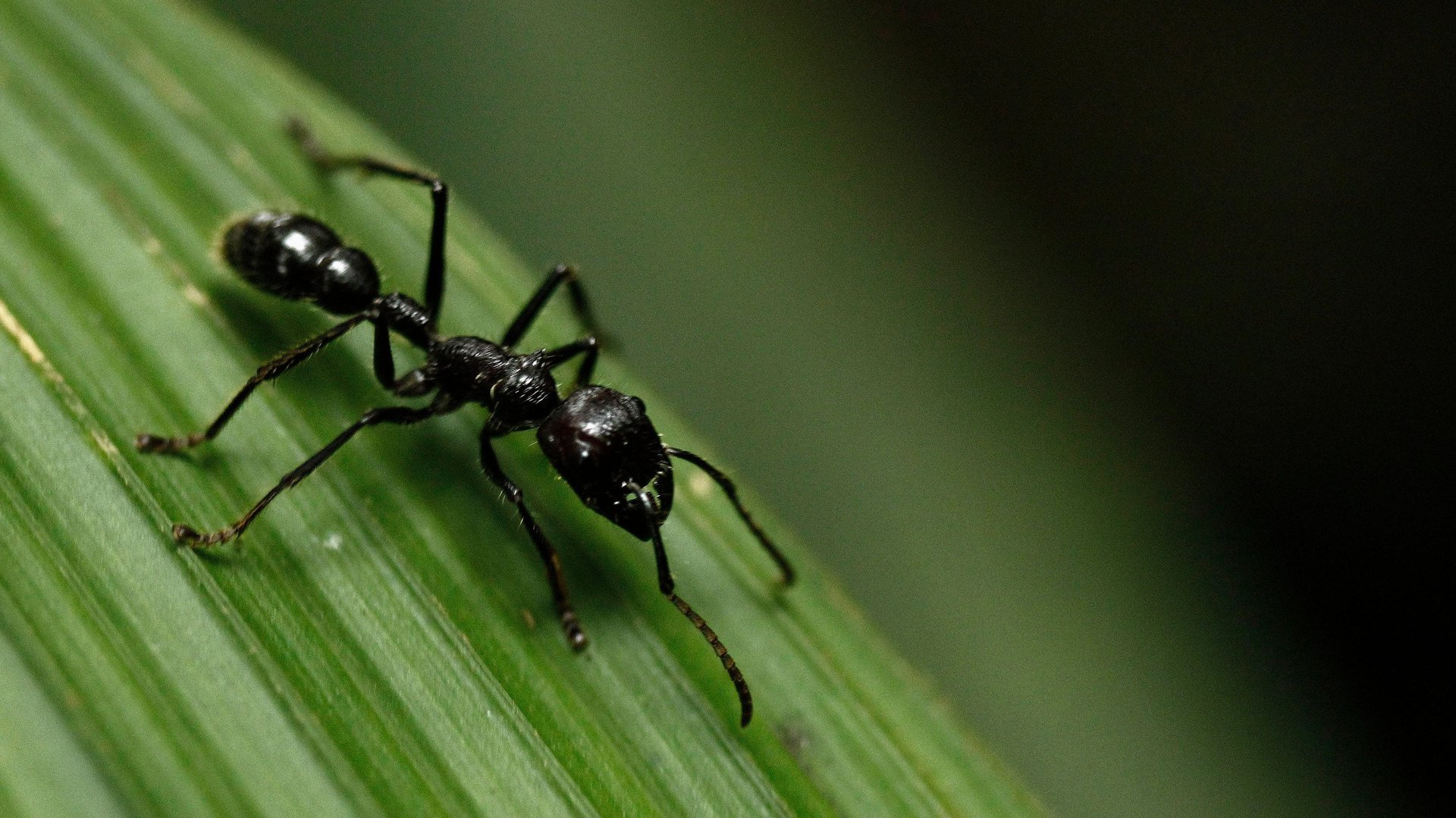Ants were given dopamine, and their productivity improved
Ants are determined creatures, fiercely loyal to the wellbeing of their colonies, and committed to serving their queen. For the vast majority, their marching orders are simple: Forage for food to feed the masses.


Ants are determined creatures, fiercely loyal to the wellbeing of their colonies, and committed to serving their queen. For the vast majority, their marching orders are simple: Forage for food to feed the masses.
But not all ants like to forage in the same conditions. In Arizona, for instance, some colonies of red-harvester ants tend to forage in dry weather. Others wait for it to get more humid. Curious researchers wanted to know if brain chemistry had anything to do with this difference and if ants could be motivated to forage in other conditions. So they gave the ants dopamine.
Dopamine is a compound associated with motivation.In humans, dopamine has been cheekily referred to as “the Kim Kardashian of neurotransmitters,” as it’s often associated with stories about sex, drugs, and partying. But that understates its importance.
With this in mind, researchers picked nine ant colonies in Arizona and gave some of the ants dopamine while leaving the others alone.
“I would go out to a colony and collect foraging ants just after they had left the nest,” one of the researchers explained in a statement. “Then I would drive them back to the lab, put them on ice to slow them down, and paint their heads so I would know to which group they belonged. Then I would drop the dopamine or control solution into their mouths and take them back to their colonies.”
What they found, as detailed in a new study published in the journal Science, was that the ants who were given dopamine were more productive, leaving the nest to forage more than the ants who were given the control substance. This adds a new layer of understanding as to how the evolution of ant-colony behavior is impacted by how the brain responds to environmental and genetic circumstance.
It’s an interesting study because there’s still a good deal of mystery around exactly what dopamine does inside animal brains. In another study, researchers hypothesized that dopamine is one of the chemicals that gave humans an evolutionary edge over other primates because it may have promoted more cooperation.